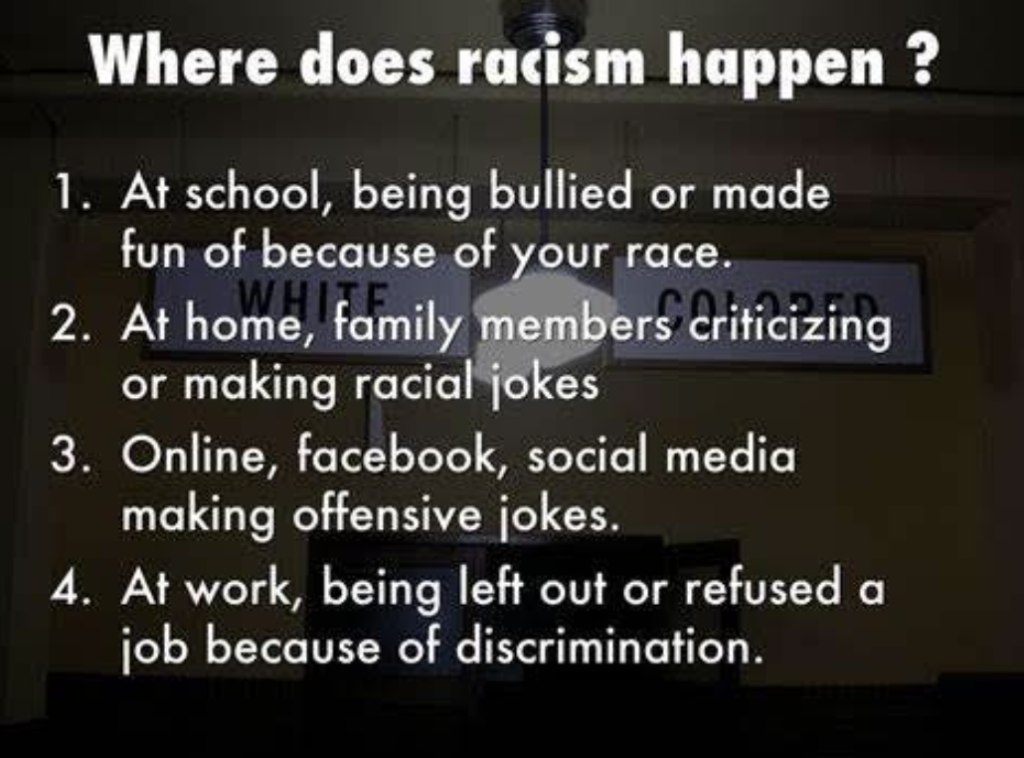We need deeper critical thinking to counterbalance the fear born of ignorance
Our country is currently experiencing a monsoon of fear, raining down in torrents day in and day out. Sometimes it looks like a pandemic killing hundreds of thousands of people worldwide. Other times it looks like police aggressively restraining one man until he passes out. It comes in the form of friends and families turning against each other on social media, arguing about their right to wear a mask or not wear a mask; carry a gun or not carry a gun; visit a historic statue or tear it down. These daily clashes reflect the battle lines drawn in the war on racism, individuality, patriotism, and supremacy.
A racial hierarchy is a system of stratification based on the belief that one race is superior to another. Just as layers of particles compress to form sedimentary rock, layers of hierarchy and fear-based decisions, policies and practices have solidified into foundations of and racism in our country. But the root of all evil is fear, and racism is no different. It is rooted in the fear of anyone who is different from us; and that fear has historically led to the oppression and dehumanization of people.
Our hope for dismantling racism in society lies in education. Teaching and training students that no matter the color of a person’s skin, we are all part of only one race – the human race.
Classes that incorporate women’s and ethnic studies are essential in peeling back the years of systemic dysfunction and inequities in society.
What we see happening in America right now is this notion of regression to the average, particularly in American scholarship. Some studies show America’s intelligentsia is becoming flat, imitative and predictable, and students are responding to that, so there’s an emptiness.”
The foundation of metacognition involves three activities: investigation, interpretation and judgment. Investigation relies on finding evidence of data that answers key questions about the issue; and that data must be relevant and sufficient. Interpretation is the act of deciding what the evidence means, and the interpretations must be more reasonable than competing interpretations. Judgmentinvolves making a conclusion about the issue, based on logic.
Generating critical thinkers is the imperative set before institutes of higher learning across the nation, and the world. Regardless of our elected officials attempts to avoid the topic, the issue of race emerges over and over again, permeating our society and conditioning our lives. For many others in our nation, the consequences of our heritage of presumed racial difference and long-standing segregation play themselves out on a daily basis, through lowered expectations, decreased educational opportunity, and disciplinary overreaction. This is an old problem.
Corrosive stereotypes—such as the dangerous Black male—rooted themselves deep in our nation’s psyche and, whether or not they reach our consciousness, remain entwined in our thinking and our practices today. Throughout much of our history, the structures of slavery, Jim Crow, and other forms of racial exclusion were purposely intended to maintain deep divisions between us, to the advantage of some groups and the detriment of others.
How do we undo xenophobia and intolerance and discrimination? It has to come about through a revised process of critical pedagogy. The onus is on colleges and universities to bring forth higher learning, deeper critical thinking, and transformative scholarship to counterbalance the fear born of ignorance.





